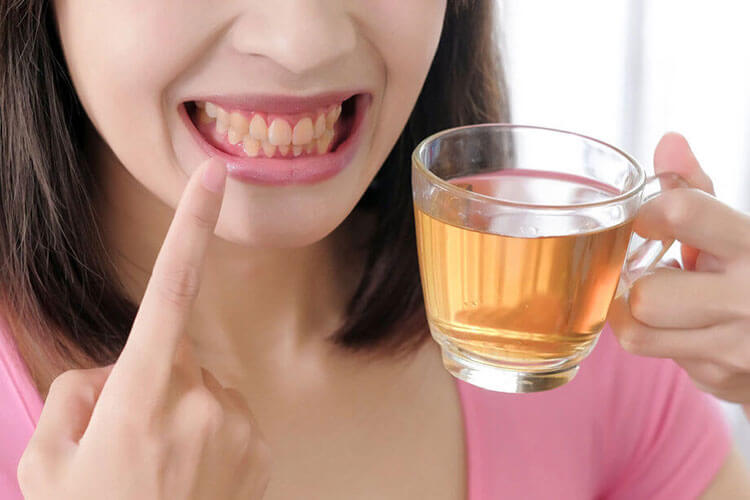Some of your favorite foods could be affecting your smile, and it’s not just red wine and coffee you have to consume with caution.
White wine, Green tea, and even fruit can negatively affect your smile. Teeth appear smooth on the surface. However, the enamel has microscopic depressions, which can stain. This uneven surface tends to catch and hold on to stain-producing foods and beverages that come into the mouth.

Certain foods and beverages high in acid can also hurt the enamel enlarging the recesses for the stains to penetrate more deeply.
Drinks can be especially harmful, with green tea being one of the worst when it comes to dimming your smile. Tannins are one of the notorious substances for staining the tooth’s enamel, especially when consumed several times a day. The color of your tea will also determine the staining color. For example, surprisingly, green tea has the highest levels of tannins, and excessive consumption can cause grey staining. Black tea has the most negligible staining impact and will yield a more yellow color.
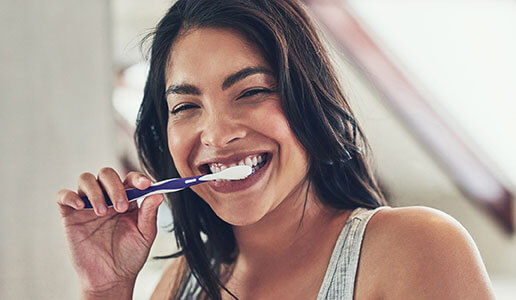
Fruit punch is highly acidic, which means it is very damaging if drunk regularly and will lead to your teeth becoming stained. Fruit juice doesn’t stain the enamel. Instead, it weakens the enamel and increases the likelihood of staining from other substances. Dr. Hawryluk suggests resisting the urge to brush immediately after drinking fruit juice; this will exacerbate the damage to the enamel tubules weakened by the acid contained in the juice.
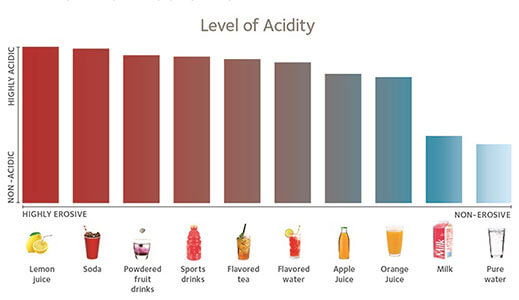
Your choice of drink is just as critical to ponder in the evening. Both red and white wine is ultimately damaging to your pearly whites. If you enjoy an alcoholic drink, St. Lawrence Dentistry advises avoiding the darker beverages. Instead, swap out red wines and dark acidic mixers like coke for a glass of white wine or even a vodka soda. However, it’s essential to realize that even light color alcoholic drinks can damage teeth. High acid drinks, such as prosecco and white wine, can weaken and damage the enamel, generating pockets in the enamel that facilitate other liquids to penetrate deeper into a tooth.
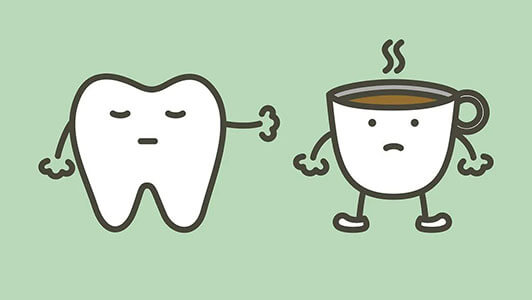
Cooking sauces can also cause heavy staining, particularly those containing turmeric, beetroot, and tomato. So if you think about ingredients that stain your hands or clothes when cooking, these foods will also stain the tooth’s enamel. Likewise, bright fruits can also stain teeth, and while the dentist recognizes they are great for your overall health, you should consume them with caution. Berries, such as strawberries, blueberries, and blackberries, are also high in pigmentation and contribute to enamel staining.
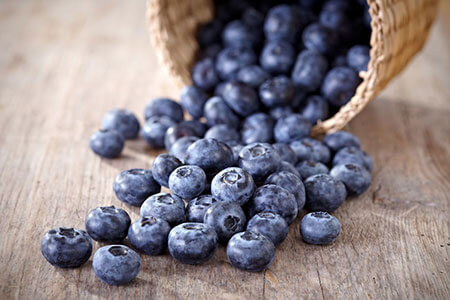
Some dark foods can help improve your smile despite their dark color – strawberries appear high on the list. Such foods contain an enzyme known as malic acid, which naturally makes teeth whiter. Foods that need a lot of chewing, like apples, cauliflower, and carrots, are also helpful. They promote saliva production, which is an excellent natural cleaner. Celery and cheese also made the list of top foods to eat, with Dr. Hawryluk the benefits for teeth and gums.

Dr. Hawryluk said regular professional teeth cleanings could limit the risk of long-term staining. In addition, if you can’t resist consuming these foods and drinks regularly, make sure you drink water afterward. Regular brushing will greatly help limit the damage of high-tannin-containing drinks.
We hope you have enjoyed our article – thanks for reading it!
- St. Lawrence Dentistry Looks Forward To St. Patrick’s Day! - March 12, 2025
- Understanding Dental X-Rays and Radiation: What You Should Know - January 13, 2025
- Happy New Year from St. Lawrence Dentistry! - December 30, 2024



